Weekend of Afro-aesthetics

Yesterday, May 25th, was internationally commemorated Africa Day, and my work center, the African Cultural Center 'Fernando Ortiz' obviously could not let this date pass by unnoticed. History, tradition, aesthetics, and more were the topics discussed there.
A conference was held, which led to a subsequent talk, with a particular focus on what is Afro aesthetics. The director of this cultural institution, M.Sc. Zoe Cremé Ramos, was in charge of the conference. In this, the history of Afro-esthetics was analyzed, with the objective of understanding where and how the term arises, what it represents, and how it manifests itself today.
The truth is that the meeting was quite fruitful; it makes you analyze the why of the modern boom in Afro-esthetics, is it an attempt by some to return to their roots and honor their ancestors? Or is it simply fashion without conscious historical arguments that lead you to popularize a lifestyle just because it looks pretty?
Afro-esthetics has very ancient roots, and it is valuable to understand its meanings and then put them into practice. Each design captured on a loom represents something different. Every design is different. Some represent the purity of the young, virgin woman; others symbolize the union of a marriage; and others symbolize respect for sacred mourning. Thus, there are dissimilar patterns, colors, and textures, each with a different message.
Turbans, an ancestral representation of a crown. These also vary in size, color, material, and shape. Depending on how it is used, it represents a different part of the continent and an emblematic situation in which they are usually used in each culture. Endless mysteries remain to be discovered for those who truly wish to honor their African roots.
The possible reasons that have led Cuban women to return to their roots, as far as hair is concerned, were also analyzed. It is true that in recent years there has been a boom in naturalizing Afro-curly hair. More and more women and girls want to wear their hair natural, but why?
Is it a genuine attempt to represent their roots, to return to the genesis, or simply because the economic situation in the country has not allowed many of us to continue straightening our hair with imported products that are quite expensive? But here's the conflict: I don't think this is the reason, precisely because the products to maintain a natural Afro curly hair at its best are quite expensive as well.
So I want to believe that it really is a genuine gesture to honor our roots. After the conference, there was a cocktail in which we exchanged experiences as Afro curly and Afro-descendants in Cuba. Afterward, there was a sale of Afro aesthetic articles. Wonderful meeting, I interacted and was able to appreciate once again the depth of a culture that, clearly, is still largely unknown.
Thanks for reading me. See you soon.
A hug in the distance!
All pictures are my property
Text reviewed using Languagetool
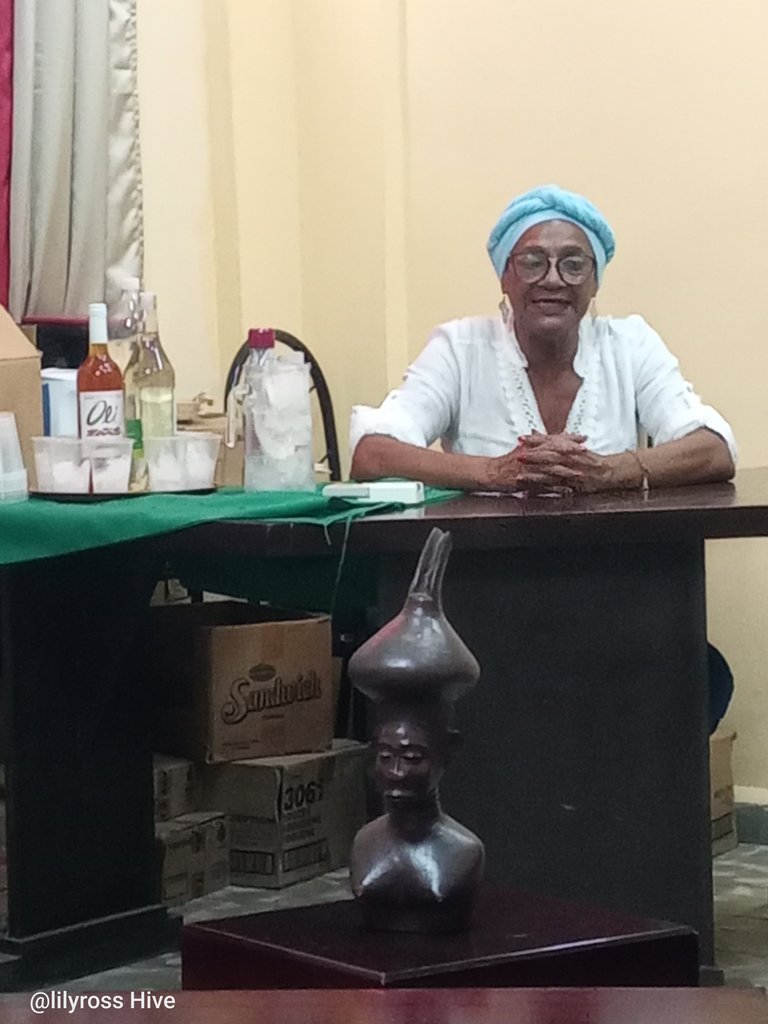
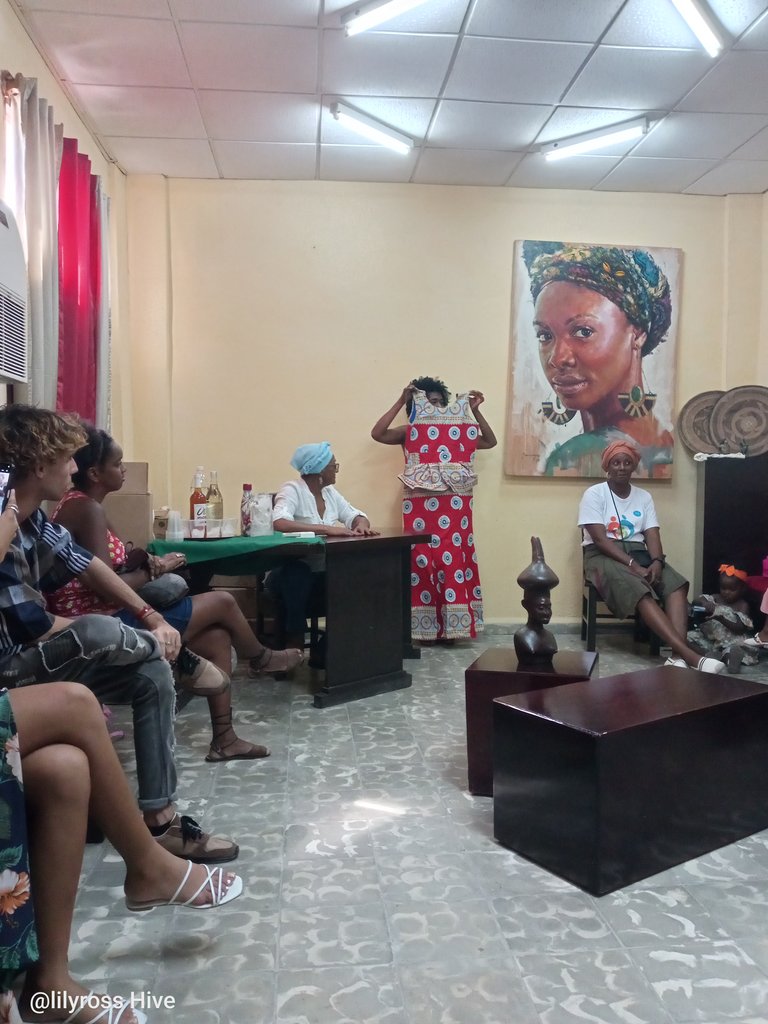
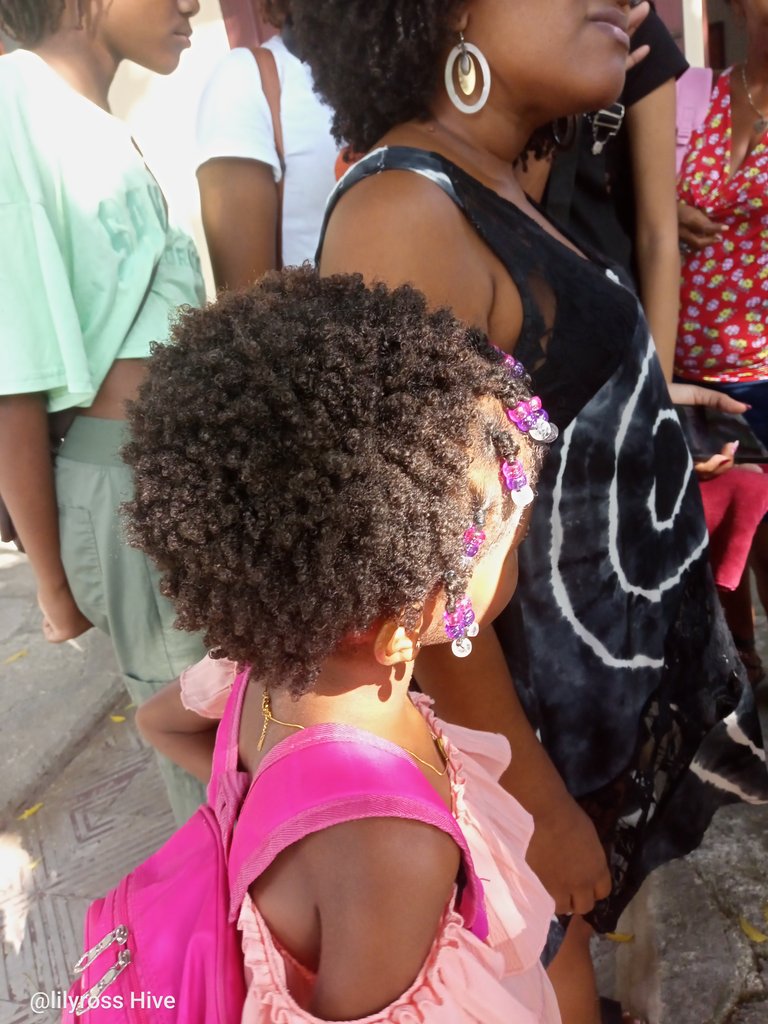
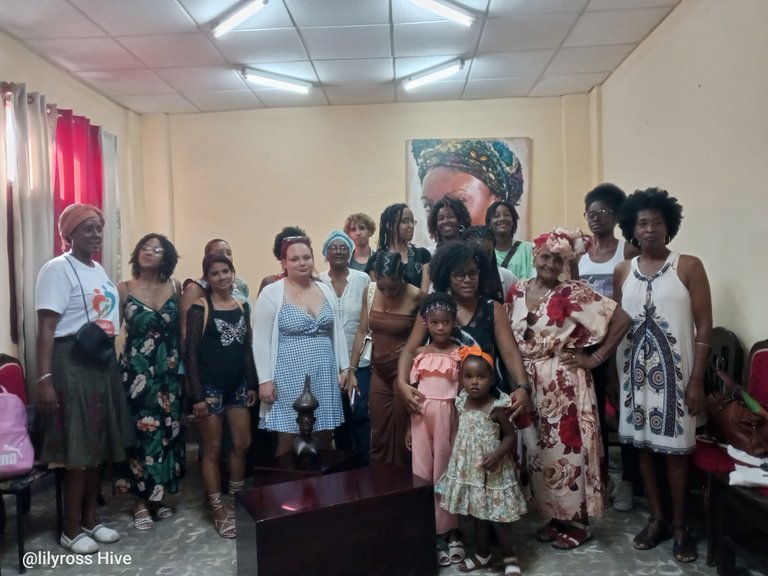

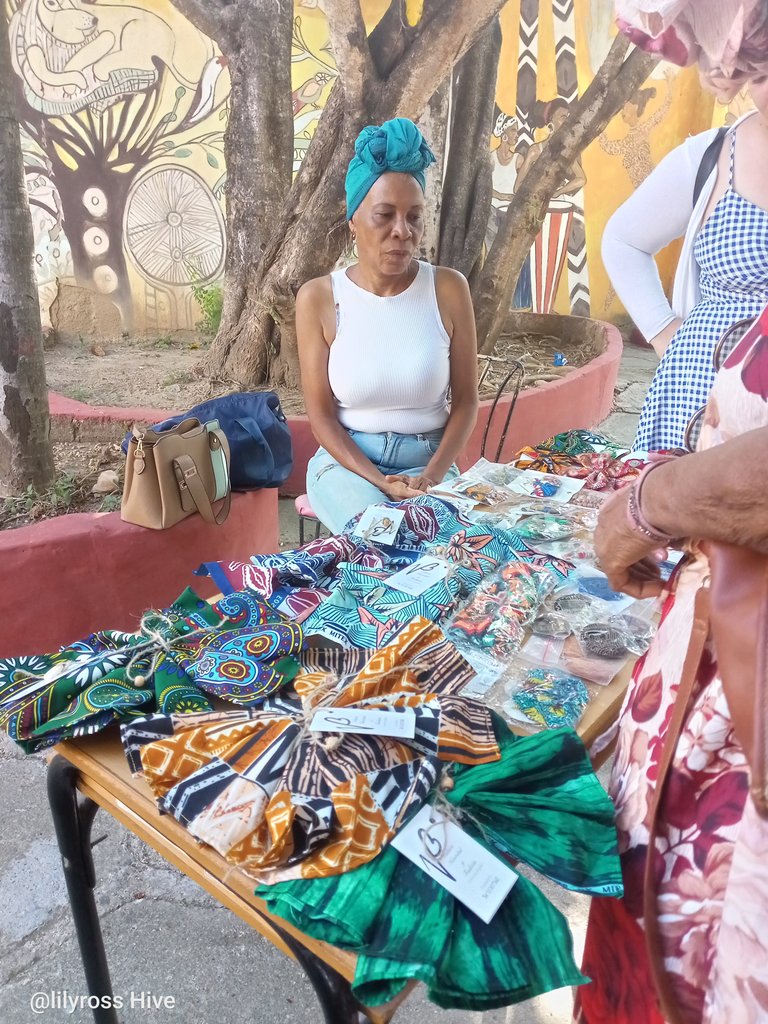


Happy Africa Day! I think it's great that you had a meeting to understand the roots so the history can be passed on to the next generations. Looks like you had a great weekend and I hope you have a great week ahead.
Thanks , actually I did. I always appreciate those opportunity they give me to learn and understand my history. Thanks for the comment
Thanks , actually I did. I always appreciate those opportunity they give me to learn and understand my history. Thanks for the comment
you're welcome~. then I hope you will have more opportunities in the future as well or maybe you will be the one to teach hehe
Congratulations @lilyross! You have completed the following achievement on the Hive blockchain And have been rewarded with New badge(s)
Your next target is to reach 1250 upvotes.
You can view your badges on your board and compare yourself to others in the Ranking
If you no longer want to receive notifications, reply to this comment with the word
STOP